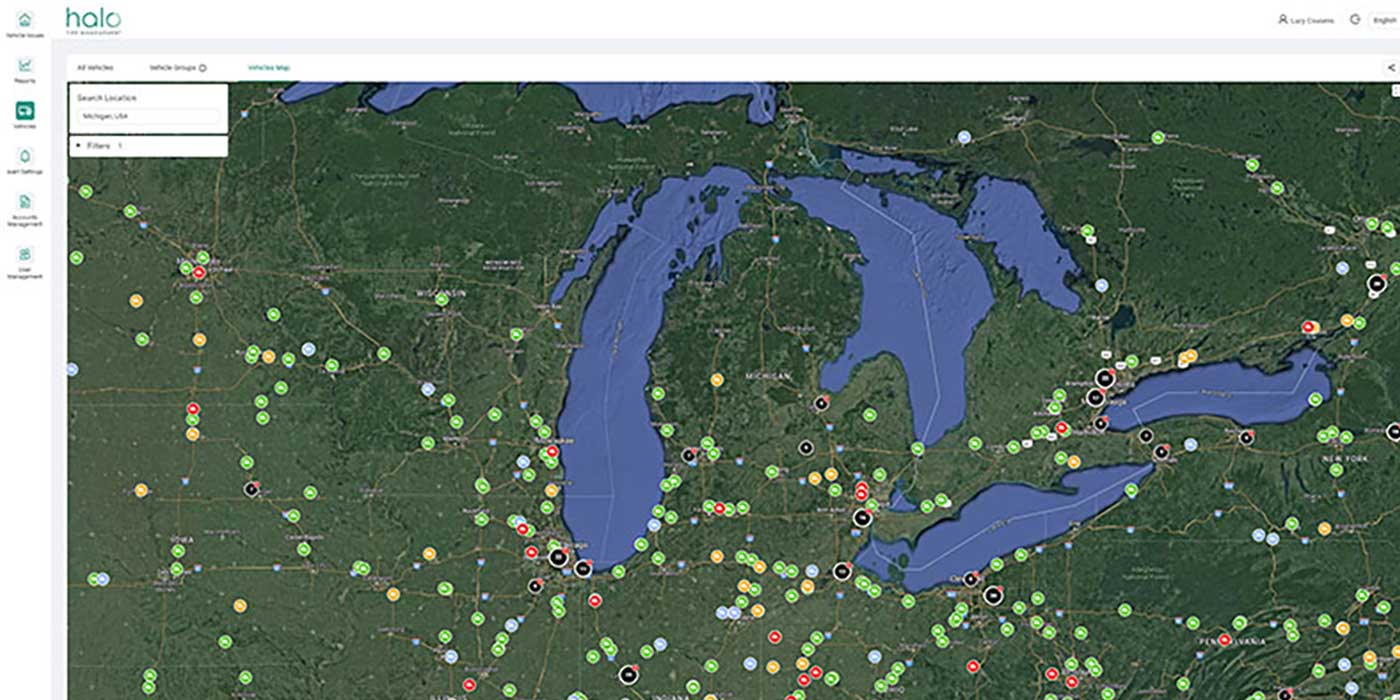It’s just basic: Fleets want to improve asset utilization, lower rental costs, boost PM performance and reduce breakdowns—and eliminate costly road calls. One of the best ways to do is to use reliable data. In the age of “more information than we can possibly use,” it is important to find the business intelligence solution that meets your operational needs.
Before choosing software examine your current maintenance practices and issues. You will need to determine what information is most important to your specific operation. Begin by defining the problems you want to solve. The nature of each and what you need to know to solve issues related to those problems. This information determines the type of data you need collected by your software systems.
Then set rules of engagement with everyone in the service supply chain spelling out exactly how the maintenance and repair process should be “coded.” This includes the use of VMRS codes and standard repair times, as well as guidelines of how estimates will be handled and what communication protocols will be followed.
Finding common ground
If everyone—your fleet, dealerships and any other outside providers you employ—is collecting the same type of data in the same way, the reports generated from the data will provide an accurate view of what’s happening in your fleet. This helps in the decision-making process both during service events and later when long-term decisions are made. Here’s a list created by Michael Riemer at Decisiv, which highlights the benefits of properly managing consistent, quality data for business intelligence:
• Fleets that improve their PM currency can reduce CSA maintenance BASIC violations and the frequency of breakdowns.
• Fleets that understand asset and component performance can spec better vehicles and retire assets appropriately.
• Fleets that manage service events, including comparing estimated time of repair to actual time of repair and estimate amounts to invoice amounts, can reduce costs and improve asset utilization.
• Fleets that automate inspections and use eDVIRs can more easily spot failure and compliance trends.
Planning for success
While it takes planning and effort to get the people, process and systems in place, the benefits to your fleet far outweigh the time spent on the front end. With all of these benefits, it’s surprising that more fleets aren’t taking advantage of business intelligence.
Your fleet total cost of ownership (TCO) goes well beyond parts and labor expenses. By improving your service and repair processes, you can expect to see broad operational and financial impacts across your organization.
Access benefits
Consider the benefits of having access to all the required information for every service event: service history; PM status; asset build information; pending recalls and campaigns; and telematics meter data, as well as engine fault codes, electronic estimate approvals, etc. With the right business intelligence programs, meeting the maintenance requirements of all assets at the point of service can be streamlined, which not only makes everything easier, but also helps ensure that everything was done expediently and that the repair records and expenses can be found and reference in the future.
Well-maintained assets are essential to operating efficiency and bottom-line profitability. Real-time service event management enables you to manage and measure internal and external service and repair events, reducing total cost of ownership, and driving uptime and asset
availability.















